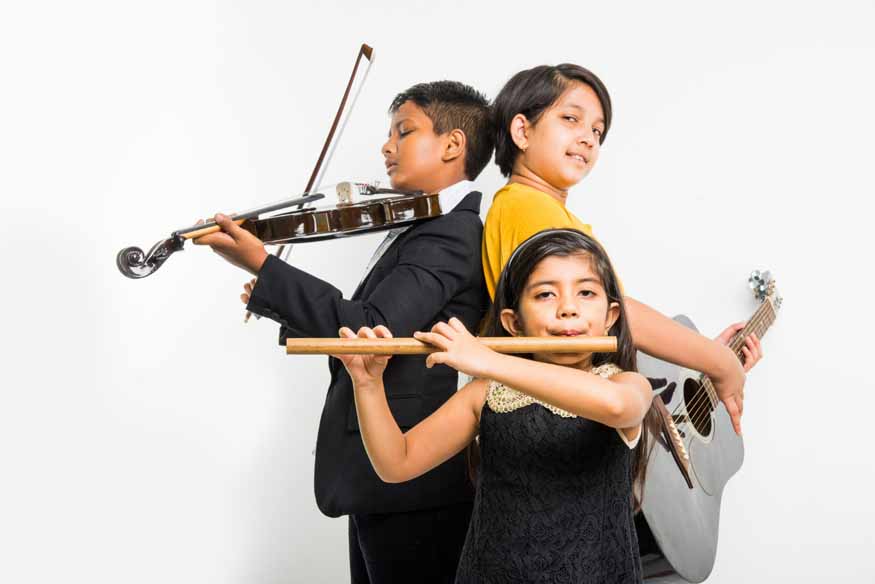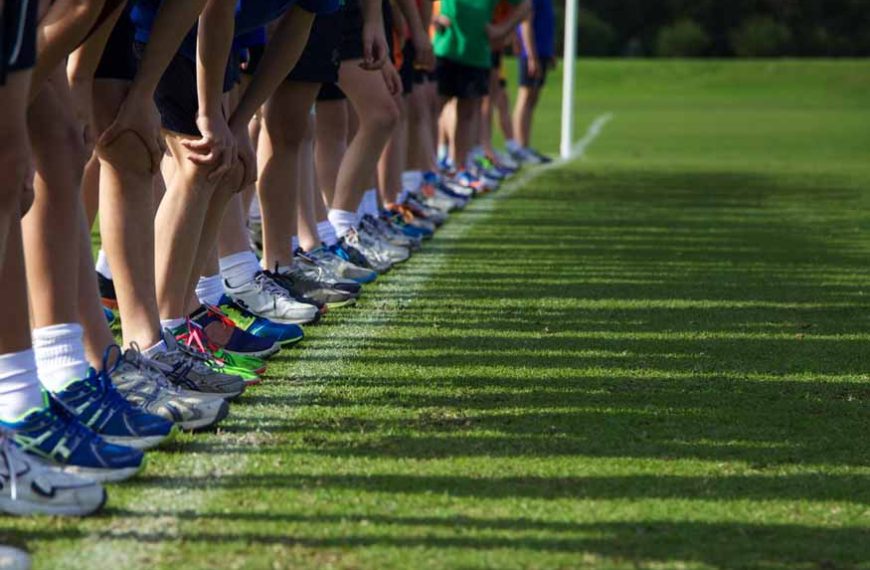Participation in annual school functions or “annual day functions” as they are commonly known, offers a multitude of benefits to children. As significant milestones in the academic calendar, they provide unique platforms for students to exhibit their talents and creativity. Far beyond mere events, these occasions are powerful pedagogical tools, where learning extends beyond the classroom and contributes significantly to a child’s holistic growth.
Why Annual Day is Celebrated?
The annual day function is one of the most eagerly anticipated events in the school year. It’s a day when the academic realm and the colourful world of arts converge. For many, it’s a break from the routine, a day where uniforms give way to costumes, classrooms transform into stages, and lessons are conveyed not through textbooks but through performances.
In an annual celebration in school, every student gets an opportunity to participate in various activities, which could range from dance, drama, and music to debates, quiz competitions, and sporting events. These activities offer a comprehensive learning experience and foster skill development in several areas that formal education may not address.
Importance of Annual Function

The annual school function contributes significantly to cognitive development and skill enhancement. When students prepare for an event or performance, they are essentially engaging in a project that requires planning, organization, creativity, and problem-solving skills. They learn to work within a time frame, divide tasks among team members, and effectively manage resources.
For example, a group of students planning a skit for the annual day function would need to decide on the theme, write or select a script, distribute roles, organize rehearsals, and coordinate with backstage helpers. This experience imparts valuable lessons in teamwork, leadership, time management, and problem-solving.
- Confidence Building and Personality Development
- Social Skills and Emotional Intelligence
- Lifelong Learning and Memories
- A Stronger Bond Between Teachers and Students
- Appreciating Diversity and Fostering Inclusivity
- Community Engagement and Collaboration
Participation in the annual function in school plays a crucial role in confidence building and personality development. Performing on stage in front of an audience can initially seem daunting to many students. However, with guidance and practice, they learn to overcome stage fright, present themselves confidently, and handle criticism and applause with grace.
Moreover, the annual school function is an excellent platform for students to discover and nurture their talents. A student may discover a knack for public speaking while preparing for a debate or unearth a passion for dance while participating in a group performance. Such experiences not only boost their self-esteem but also help shape their interests and possibly their future careers.
Participation in the annual day function aids in the development of social skills and emotional intelligence. As students collaborate with their peers for various events, they learn to communicate effectively, understand different perspectives, resolve conflicts, and build stronger bonds.
These functions also provide an opportunity to interact with students from different grades, fostering a sense of unity and camaraderie within the school community and also leading them to participate in annual speeches. Additionally, it encourages students to express their feelings and emotions creatively, boosting their emotional intelligence.
For instance, a student involved in a drama for the annual function in school learns to understand and portray various emotions. This involvement helps them empathize with others’ feelings and handle their emotions more effectively.
Lastly, the annual school function offers lifelong learning and creates unforgettable memories. The skills and values students gain from these experiences extend beyond the school years and have a significant impact on their personal and professional lives.
Many adults fondly recall their annual day functions and the roles they played. They remember the thrill of the first performance, the cheer of the crowd, the joy of the triumph, and the lessons learned from the failures. Such memories not only add a touch of nostalgia to school life but also reinforce the life lessons learned during these functions.
In the context of the annual school function, another significant aspect is the strengthened bond between teachers and students. As educators work alongside their students, guiding them in rehearsals, coordinating performances, and cheering them on during the big day, a more profound connection is fostered. It’s a shift from the typical teacher-student dynamic in the classroom, enabling them to interact more informally, understand each other better, and build trust.
A mathematics teacher, for instance, may discover a shared passion for music with her students while rehearsing for a choir performance. Such interactions not only foster a stronger bond but also improve mutual respect and understanding, ultimately enhancing the learning environment.
The annual function in school serves as a remarkable platform for appreciating cultural diversity and fostering inclusivity. As students present performances from various cultures, everyone gains a deeper understanding and appreciation of the rich tapestry of traditions.
For instance, an international-themed annual day function could involve performances representing different countries. A dance showcasing traditional African rhythms, a play based on a Japanese folktale, or a song in the French language such performances enable students to appreciate global cultures and inculcate values of respect and inclusivity.
Annual school functions also serve to strengthen community ties. They bring together parents, teachers, and students in a celebration of learning and growth. Parents get an opportunity to engage in their children’s school activities, appreciate their accomplishments, and understand the school’s efforts in nurturing their children’s talents.
Moreover, collaborations for these functions often extend beyond the school premises. Local businesses might sponsor events, alumni could be invited as guest speakers or judges, and local artists might be involved in workshops. Such interactions enrich the student’s learning experience and foster a strong sense of community spirit.
Importance of Annual Day Celebration in School
- Developing teamwork and leadership abilities
- Enhancing creativity and self-expression
- Building a sense of community
Participating in the annual event fosters cooperation and leadership skills, including collaboration during performance rehearsals and event planning. This experience allows students to develop important cooperation and leadership skills as they collaborate with others and take on various jobs and responsibilities.
Annual celebrations provide students the opportunities to express themselves artistically through music and dance performances, skits and plays, drawing competitions, and other creative activities. Students are encouraged to demonstrate their creative abilities and explore their limitless imaginations by participating in these events. Participating in such creative activities can boost their self-esteem and confidence since they get to freely express themselves and showcase their talents to a larger audience.
Participating in annual functions can help students feel a feeling of belonging to their educational environment and connect with their peers, fostering a sense of community. It provides a venue for students, teachers, and parents to celebrate the school’s accomplishments. It is also a rewarding experience for parents to watch their children perform confidently and demonstrate their abilities on stage.
Conclusion
The annual function in school is much more than a day of cultural performances and celebrations. It’s a dynamic and vibrant learning environment where students explore their potential, face challenges, learn from their experiences, and grow as individuals. Through participation, they acquire a diverse range of skills, build confidence, enhance social and emotional intelligence, and create memories that last a lifetime.
By embracing the annual school function as an integral part of the curriculum, educators can ensure the holistic development of students, fostering not only academic excellence but also shaping well-rounded individuals ready to face the world. At EuroKids, we focus on providing a wholesome learning atmosphere with playtime activities for the overall development of the child.
For informative and accurate articles on all things related to your new born-toddler’s development, growth, health and nutrition, follow EuroKids Blogs and do check out our nationally recognized preschools – EuroKids for the first step in your kid’s educational journey!














